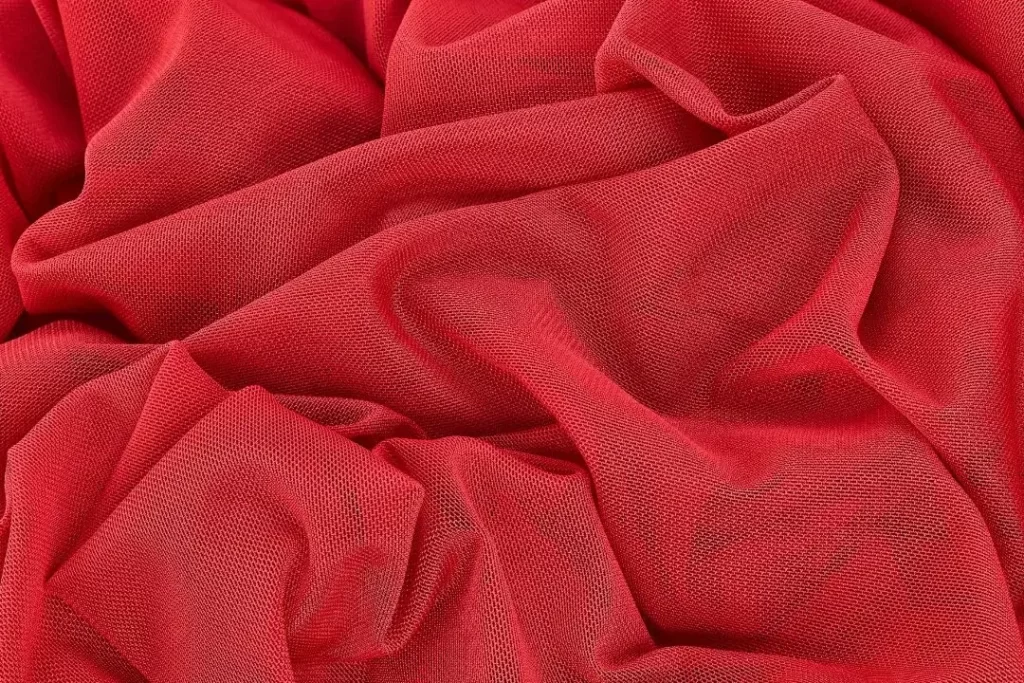Different Types of Denim Fabric
Discover the fascinating world of different types of denim fabric with our inclusive guide Understanding the different types of denim fabric, like raw denim, selvage
Beyond Mass Production: The Benefits of On-Demand Clothing Manufacturing for Today's Demanding and Diverse Market
In today’s fast-paced and ever-evolving fashion industry, businesses must adapt and innovate to stay ahead of the competition. One such innovation that has taken the apparel sector by storm is on demand apparel manufacturing. This revolutionary approach is not only transforming how garments are produced but also how businesses operate and cater to their customers’ needs. In this comprehensive guide, we will delve into the concept of on demand apparel manufacturing, discuss its importance in the industry, and explore the key differences between traditional and on demand garment manufacturing methods.
On demand garments manufacturing is a modern production method that involves creating garments only when a customer orders them instead of producing large batches in advance. This approach leverages digital technology and automation to streamline the production process, allowing for a more efficient and flexible manufacturing system. On demand manufacturing empowers businesses to offer a wide array of customized products without the burden of managing extensive inventories.

Traditional apparel manufacturing relies on a ‘push’ model, where large quantities of garments are produced based on predicted demand, often months before they hit the market. This approach can lead to excess inventory, wasted resources, and markdowns to clear unsold stock. In contrast, on-demand manufacturing follows a ‘pull’ model, with production driven by actual customer demand. This not only reduces inventory costs but also fosters a more sustainable and environmentally friendly approach to fashion.
Elimination of large stockpiles: With on-demand manufacturing, businesses no longer need to maintain extensive inventories, reducing the risk of surplus stock and minimizing holding costs.
Decreased warehousing expenses: As products are produced only when required, businesses can save on storage and warehousing costs, optimizing resource allocation and increasing overall profitability.
Minimization of waste and overproduction: On-demand manufacturing allows businesses to produce only the necessary items, reducing waste generation and contributing to a more sustainable fashion industry.
Adoption of environmentally friendly practices: Many on-demand manufacturers utilize eco-conscious materials and sustainable production methods, fostering a greener and more responsible approach within the apparel sector.
Diverse designs and patterns: On-demand manufacturing empowers businesses to provide a wide range of customized products that cater to individual customer preferences, resulting in a more attractive and diverse product portfolio.
Accommodating diverse customer preferences: This manufacturing approach enables customers to select from a wide variety of designs, patterns, and colors, enhancing overall customer satisfaction and brand loyalty.
Streamlined production process: The on-demand manufacturing model promotes a more efficient production cycle, allowing businesses to bring products to market faster and capitalize on emerging trends.
Swift response to market trends: On-demand manufacturing ensures businesses can react quickly to shifting customer preferences and market demands, maintaining a competitive edge within the industry.
Simple adaptation to fluctuating demand: On-demand manufacturing allows businesses to scale their production up or down based on actual customer demand, ensuring they can respond effectively to changes in the market.
Growth opportunities for businesses: By leveraging the flexibility and efficiency of on-demand manufacturing, companies can explore new markets and expand their product offerings, paving the way for future growth and success.
Customer Order Placement: Customers place orders through a user-friendly online platform, allowing them to customize products and specify their requirements. Efficient communication and an easy-to-use interface ensure a seamless experience.
Digital Design Preparation: Once an order is received, the digital design is prepared using state-of-the-art software, ensuring that the final product meets the customer's specifications. This process includes color matching, pattern creation, and sizing adjustments.
Fabric Cutting and Printing: The production phase begins with fabric cutting and printing. Advanced machines and technology are used to ensure precision and consistency while reducing waste. This process optimizes material usage and helps maintain sustainability.
Sewing and Finishing: Skilled artisans and high-quality machines sew and finish the product with attention to detail and craftsmanship. This step ensures durability and a professional appearance that meets the customer's expectations.
Ensuring Product Quality: Throughout the manufacturing process, quality control measures are in place to maintain high standards. This includes regular inspections, adhering to industry best practices, and using superior materials.
Addressing Potential Issues: In the event of any discrepancies or issues, a dedicated team works to address and rectify them promptly. This proactive approach ensures customer satisfaction and maintains the company's reputation for excellence.
Custom Packaging Options: To enhance the customer experience, various packaging options are available. These can be tailored to specific branding requirements or designed for eco-friendliness. This personal touch demonstrates the company's commitment to customer satisfaction.
Efficient Delivery Methods: Advanced logistics systems and partnerships with reliable shipping companies ensure timely and efficient deliveries. This process prioritizes customer satisfaction while minimizing the environmental impact of transportation.
In conclusion, on demand apparel manufacturing provides apparel businesses with a comprehensive and efficient solution for creating high-quality and customized products. By following the step-by-step guide, companies can ensure a seamless process from order placement to delivery, with a focus on quality control and customer satisfaction. With the use of advanced technology and skilled craftsmanship, on-demand manufacturing is a sustainable and cost-effective approach that allows businesses to stand out in the market and meet the demands of their customers.
On-demand manufacturing optimizes resources, reduces waste, and allows for small production runs.
Yes, it eliminates large inventory and upfront costs.
It prioritizes quality control, uses skilled artisans, and addresses potential issues.
Yes, it allows for customization and personalized experiences.
It provides a unique competitive edge by delivering high-quality products efficiently, remaining nimble, and responsive.
Discover the fascinating world of different types of denim fabric with our inclusive guide Understanding the different types of denim fabric, like raw denim, selvage

Unraveling the Threads: A Comprehensive Guide and Ultimate Comparison between Compression Shorts VS Boxer Briefs Rijiz.co Undergarments are often an afterthought in our busy morning

What Is Mesh Lining In Shorts? Unveiling the Magical Benefits of Mesh Lining in Shorts “Exploring The Truths and Insights Behind Mesh Lining In Shorts”

How to Get Olive Oil Out of Clothes Or Garments? Explore 3 Best Methods And Techniques Rijiz.co Have you ever been cooking up a storm

The Best Fabric for Shorts: How to Choose, Wear, and Care For Your Favorite One Choose The Best Shorts Fabric for Your Summer Comfort: An

8 Most Trendy Types Of Shorts You May Love To Have In 2023 Discover The Amazing Features Of Each Types Of Shorts And Styling Tips
WhatsApp us